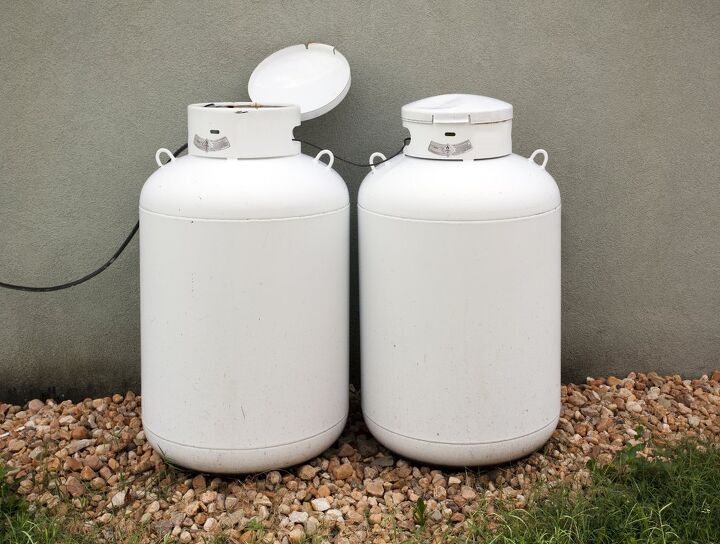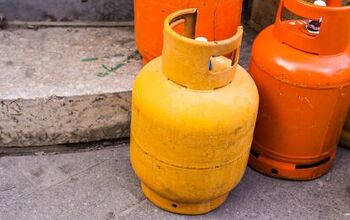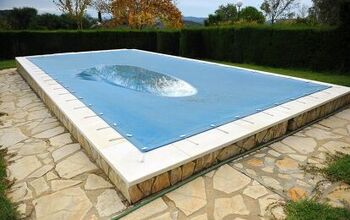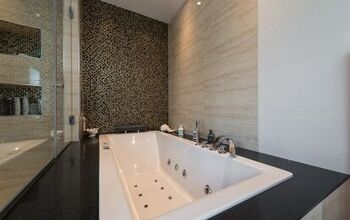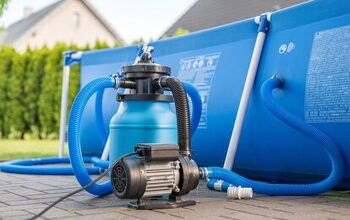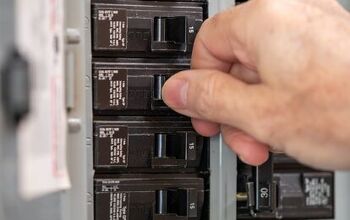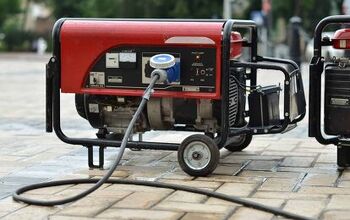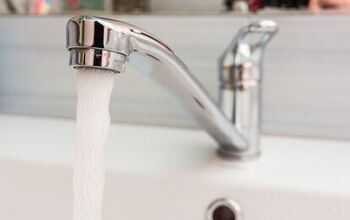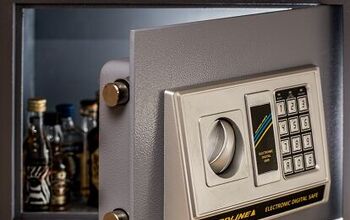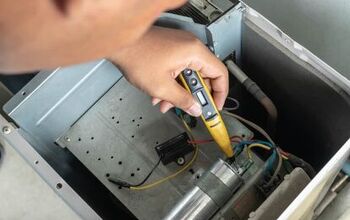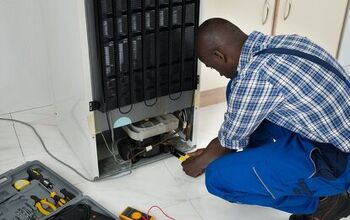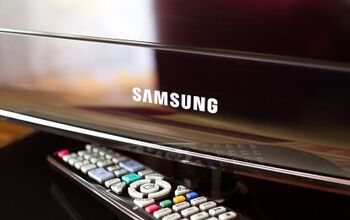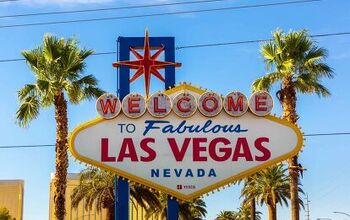What Size Propane Tank For A Pool Heater? (Find Out Now!)

Do you have a gas pool heater that you’d like to power using propane? Propane-powered gas pool heaters are great for heating up pools in a short amount of time. They’re especially ideal if you only use your pool occasionally, since they only have to run when you’re using it. But what size propane tank is needed to fuel a gas pool heater?
The size of your pool heater determines the size of the propane tank that is needed to power it. A small or medium pool heater needs a 250-gallon propane tank, while a large heater requires a 500-gallon propane tank. Other options include using two 100-pound tanks for a small heater or a 1000-gallon tank for less frequent refills.
In this article, we’ll discuss what a gas pool heater is and how it works. We’ll also cover what size propane tank is needed and how a gas pool heater is installed. Finally, we’ll talk about a few pros and cons of propane-powered gas pool heaters.
Do You a Need Pool, Spa, or Hot Tub Contractor?
Get free, zero-commitment quotes from pro contractors near you.

What Is A Gas Pool Heater?
A gas pool heater is the most popular type of heating system for pools. Although older models weren’t the most energy-efficient, newer models have really stepped up the efficiency.
On average, a gas pool heater will cost you between $1500 and $3500. You’ll also have to pay for installation, which can run from $500 to $1500.
Compared to electric pool heaters, gas heaters cost less to install. However, they typically cost more each month to operate. Monthly expenses for a gas pool heater range from $200 to $400 a month.
How Does A Gas Pool Heater Work?
A gas pool heater is fueled by either natural gas or propane. In this article, we’ll be focusing on gas pool heaters that use propane.
The heater works by using a pump that circulates the water in the pool. The water passes through a filter into a heater. Inside the heater’s combustion chamber, propane burns to generate heat.
This heat transfers to the water, which is then returned to the pool. As this process continues, the pool is quickly heated.
What Size Propane Tank Do You Need For A Pool Heater?
The propane tank you need depends on the size of your pool heater. It’s always best to contact your local propane provider and ask them. They’ll need to know the heater’s size so that they can calculate its output in BTUs (British Thermal Units).
Model Number And Output
Generally, the model number of your heater indicates its output. Let’s say your heater is a model 250. That would mean its output is 250,000 BTUs. Similarly, a model 400 will put out 400,000 BTUs in most cases.
Propane Size Options
If you have a small or medium-size heater, a 250-gallon tank will likely work for you. Many people also choose to use two 100-gallon tanks.
Meanwhile, a large pool heater will require a 500-gallon tank. If you want to go longer between refills, then a 1000-gallon propane tank is also an option.
Larger propane tanks can be buried or painted to make them less of an eyesore. Another option is to build a fence around the tank to hide it.
Buy Or Lease
If you’re in need of a propane tank for your pool heater, you have two options. You can either buy the tank outright or lease it. Leasing it means that you’ll pay a little each month on your propane bill. Meanwhile, buying the tank requires a large investment upfront.
What Is The Installation Process For Gas Pool Heaters?
The first step before installing a gas pool heater is to figure out the best placement for it. The heater needs to be placed on a non-combustible surface. It also needs several feet of clear space on all sides, as well as above the heater.
Gas pool heaters should never be installed indoors or near window openings. There should be clear air above the heater as well, without eaves or roof lines getting in the way.
A qualified contractor will need to handle the plumbing portion of the installation process. This will involve using PVC piping to connect the exit pipe to the return line. The contractor will also move the chlorinators downstream.
After the plumbing is complete, you’ll need a contractor to set up a millivolt heater or a digital heater. A millivolt heater doesn’t require a power supply, but digital heaters are more efficient.
Once the plumbing and electric components are complete, the propane supply company will need to stop by. They’ll hook up the propane tank to the heater, and it’ll be ready for use.
Pros Of Gas Pool Heaters
Perhaps the best thing about a gas pool heater is that it can heat pools very quickly. Plus, it only needs to run when you’re using the pool. In contrast, an electric pool heater runs all the time.
If you only use your pool periodically, then a gas pool heater may be the ideal choice for you. A final advantage is that it can extend your pool season by two months.
Cons Of Gas Pool Heaters
There are also a few drawbacks to using a gas pool heater to heat your pool. In comparison to electric heat pumps and solar heaters, gas heaters are not as efficient.
In addition, using propane to power your gas pool heater means you’ll need to buy or lease a propane tank. You may even want to bury it, which comes with additional costs.
Do You a Need Pool, Spa, or Hot Tub Contractor?
Get free, zero-commitment quotes from pro contractors near you.

Related Questions
Is a pool heater gas or electric?
Pool heaters can be either gas or electric. Gas heaters tend to be more expensive, at $200 to $400 per month. Meanwhile, electric pool heaters usually cost between $100 and $200 per month.
How much is pool heater installation?
You can expect pool heater installation to run you between $1000 and $4000.
Why is my pool heater leaking water?
There are a few reasons why your pool heater might be leaking water. One explanation is that there is chemical or sanitizer damage. Others include leaking gaskets, a loose connection to the pressure switch, a loose drain plug, or a missing o-ring.

With a lifelong passion for writing plus strong enthusiasm for home improvement and DIY projects, joining the team at Upgraded Home was an easy choice. Jessica Allen likes to share helpful information with current and aspiring homeowners. Aside from writing, Jessica loves doing yoga, playing the piano, and dabbling in graphic design.
More by Jessica Allen



